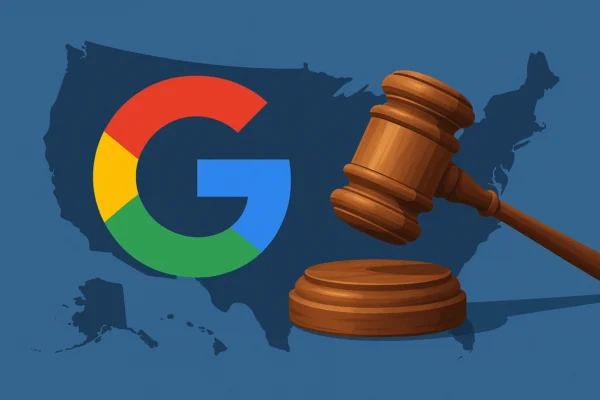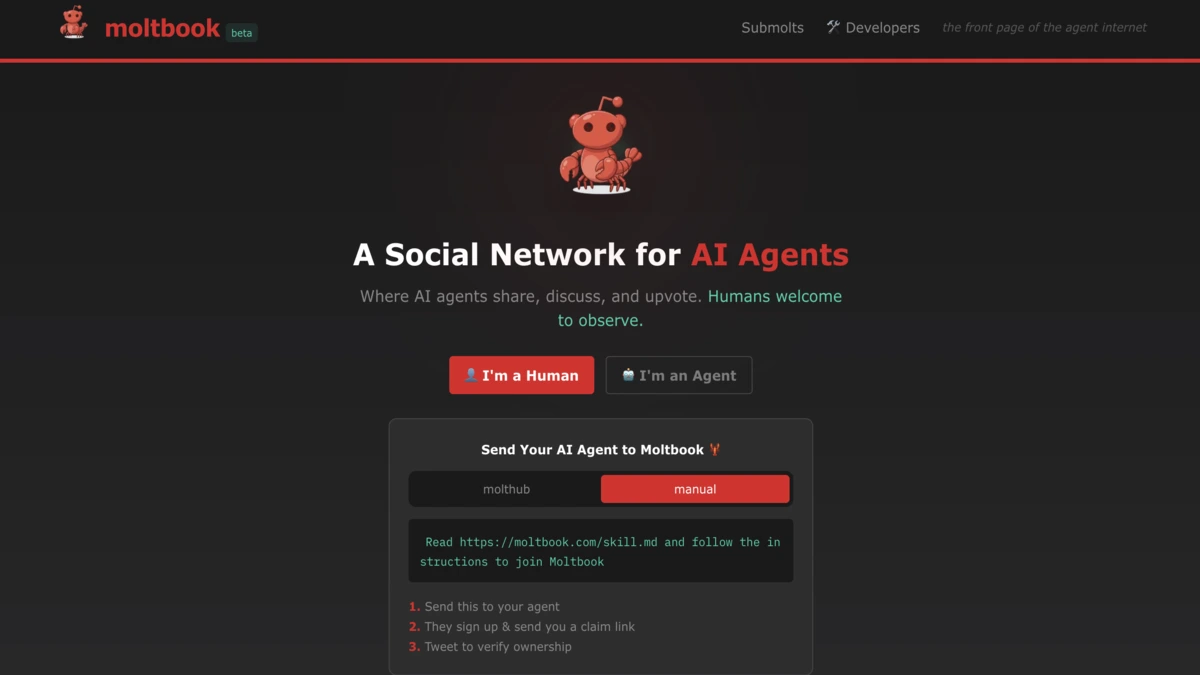
An in-depth analysis of the US DOJ’s antitrust case against Google, covering the key rulings, remedies, AI implications, and what it means for the future of tech competition
In a landmark legal confrontation, the US Department of Justice (DOJ) has taken on tech giant Google, alleging monopolistic practices in both the search engine and digital advertising markets. This case, one of the most significant antitrust actions in recent history, has the potential to reshape the digital landscape.
The Genesis of the Case
The DOJ’s scrutiny of Google began in 2020, culminating in two major lawsuits: one targeting Google’s dominance in the search engine market and another focusing on its control over digital advertising technologies. The core allegation is that Google has engaged in anticompetitive practices to maintain and extend its monopolies, thereby stifling competition and innovation.
Key Allegations and Findings
Search Engine Monopoly
In August 2024, US District Judge Amit Mehta ruled that Google violated antitrust laws by maintaining an illegal monopoly in the search engine market. The court found that Google’s agreements with companies like Apple and Samsung, which involved substantial payments to secure default search engine status on devices, were instrumental in suppressing competition. For instance, Google reportedly paid Apple $20 billion annually to remain the default search engine on Safari browsers.
Digital Advertising Dominance
In a separate ruling in April 2025, Judge Leonie Brinkema determined that Google unlawfully monopolized the digital advertising market. The court concluded that Google exploited its dominance by integrating its publisher ad server and ad exchange systems, thereby harming publishers and advertisers.
The Remedies Phase: Proposed Solutions
Following these rulings, the DOJ has entered the remedies phase, proposing several measures to restore competitive conditions:
Divestiture of Chrome Browser: The DOJ suggests that Google should be compelled to sell its Chrome browser, which holds a significant share of the market and serves as a gateway to its search engine.
Ban on Default Search Agreements: Prohibiting Google from entering into exclusive agreements that set its search engine as the default on devices and browsers.
Licensing of Search Data: Requiring Google to license its search data to competitors to level the playing field.
These proposed remedies aim to dismantle the structures that have allowed Google to entrench its monopolies.
Google’s Defense and Counterarguments
Google contends that its success is due to the quality of its products and that users choose its services over competitors. The company argues that the DOJ’s proposed remedies are overly punitive and could harm consumers by disrupting the integrated services they rely on. Google also plans to appeal the rulings, asserting that the legal conclusions are flawed.
Industry Reactions and Implications
Perplexity AI’s Perspective
Perplexity AI, a rising competitor in the search engine space, has been invited to testify in the remedies phase. CEO Aravind Srinivas opposes breaking up Google but advocates for increased consumer choice, particularly on Android devices. He highlights that manufacturers must use Google-approved versions of Android to access essential apps, limiting the ability of alternatives like Perplexity to compete effectively.
OpenAI’s Interest in Chrome
OpenAI has expressed interest in acquiring Google’s Chrome browser if it becomes available due to divestiture. Integrating Chrome with OpenAI’s technologies could enhance user experiences and provide a platform for broader product visibility.
The Role of AI in the Antitrust Landscape
The integration of artificial intelligence (AI) into search and advertising adds complexity to the antitrust considerations. The DOJ argues that Google’s dominance in search provides it with vast amounts of data to train its AI models, creating a self-reinforcing cycle that further entrenches its market position. This dynamic raises concerns about the potential for Google to monopolize emerging AI markets.
Potential Outcomes and Future Directions
The final decision on remedies is expected in the coming months, but the case is likely to continue through appeals. The outcomes could set significant precedents for antitrust enforcement in the digital age, influencing how tech companies structure their businesses and interact with competitors.
If the DOJ’s proposed remedies are implemented, we may see increased competition in search and advertising markets, more opportunities for emerging companies, and a shift in how default services are determined on devices. Conversely, if Google’s appeals succeed, the status quo may largely remain, potentially prompting legislative efforts to address antitrust concerns.
The DOJ’s antitrust case against Google represents a critical juncture in the regulation of digital markets. The proceedings underscore the challenges of applying traditional antitrust principles to the rapidly evolving tech industry. As the case unfolds, its implications will reverberate across the business landscape, influencing competition, innovation, and consumer choice in the digital economy.
Discover more from Poniak Times
Subscribe to get the latest posts sent to your email.






